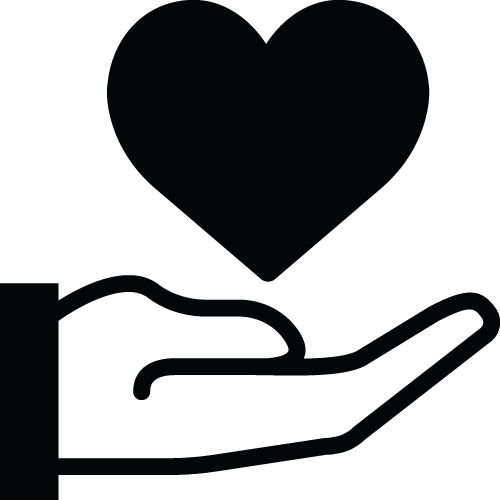Help with hoarding disorder on World Mental Health Day 2017
October 10, 2017
Events Faculty Health and Wellness Research
Hoarding disorder has been found to affect between 2-6 percent of the population, and a growing body of research highlights the complexities involved in hoarding disorder and its impact on people’s occupational, social and vocational function.
To raise public awareness of mental health issues and mobilize efforts in support of mental health, the World Health Organization recognizes World Mental Health Day on Oct. 10 every year.
Erin McIntyre, assistant director of admissions and assistant professor of clinical occupational therapy at USC Chan, has conducted research examining the contributions of occupational therapists to people living with hoarding disorders. In recognition of World Mental Health Day 2017, she offered these strategies, adapted from Buried in Treasures: Help for Compulsive Acquiring, Saving, and Hoarding (Tolin, Frost, & Steketee, 2014), to help friends and family members encourage and support loved ones with hoarding disorder.
1. Show empathy: This doesn’t mean you agree with everything the person says or does, but that you are willing to try to understand their perspective. Show empathy by asking open-ended questions, summarizing what the person says and reflecting this back to them and using compliments and affirmations to demonstrate understanding of their experience.
2. Don’t argue: Arguing about hoarding is very unhelpful and often reinforces a person’s decision not to change. It may be best to end the discussion or move on if you find yourself doing any of the following: directing or commanding, warning, persuading with logic, telling the person what you think they should do, judging, criticizing or blaming.
3. Respect autonomy: Always keep in mind that you are supporting an adult who is allowed to make choices about their belongings. You may not agree with how the person chooses to maintain their living environment, but you are likely to be most helpful by reassuring them that you respect their autonomy.
4. Set limits: Despite your best efforts to help the person see the mismatch between their personal goals and hoarding behavior, you may need to set boundaries to support your own needs. Calmly and without arguing, decide what you can and cannot tolerate and express this by stating how you feel, what you want, and what you will do. Keep in mind, it may be helpful to seek further support for your relationship with your loved one outside of these interactions.
⋯
Next by tag Events ⟩ Faculty ⟩ Health and Wellness ⟩ Research ⟩









